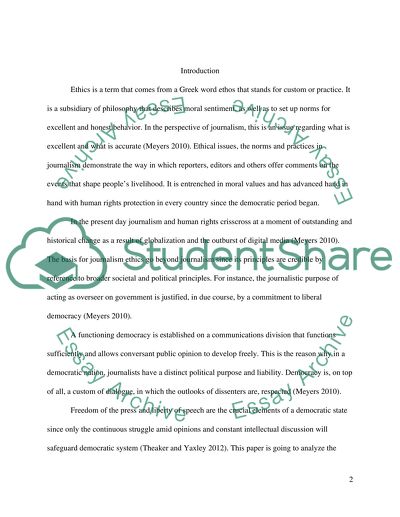Cite this document
(“Ethics, Norms and Practices that influence the behavior of Journalists Coursework”, n.d.)
Retrieved from https://studentshare.org/journalism-communication/1469134-ethics-norms-and-practices-that-influence-the-behavior-of-journalists-today-in-reference-to-the-phone-hacking-scandal-at-the-now-defunct-news-of-the-world-newspaper
Retrieved from https://studentshare.org/journalism-communication/1469134-ethics-norms-and-practices-that-influence-the-behavior-of-journalists-today-in-reference-to-the-phone-hacking-scandal-at-the-now-defunct-news-of-the-world-newspaper
(Ethics, Norms and Practices That Influence the Behavior of Journalists Coursework)
https://studentshare.org/journalism-communication/1469134-ethics-norms-and-practices-that-influence-the-behavior-of-journalists-today-in-reference-to-the-phone-hacking-scandal-at-the-now-defunct-news-of-the-world-newspaper.
https://studentshare.org/journalism-communication/1469134-ethics-norms-and-practices-that-influence-the-behavior-of-journalists-today-in-reference-to-the-phone-hacking-scandal-at-the-now-defunct-news-of-the-world-newspaper.
“Ethics, Norms and Practices That Influence the Behavior of Journalists Coursework”, n.d. https://studentshare.org/journalism-communication/1469134-ethics-norms-and-practices-that-influence-the-behavior-of-journalists-today-in-reference-to-the-phone-hacking-scandal-at-the-now-defunct-news-of-the-world-newspaper.


